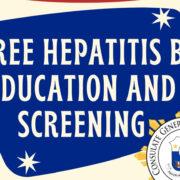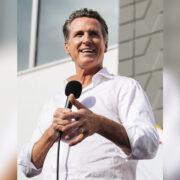EDUCATION is at the crossroads for the future of Filipinos.
It plays a crucial role in promoting poverty alleviation and economic growth.
It reflects the aspirations of the people for a successful integration into the global economy in an ever-changing world.
It seems that the winds of change are blowing in the direction of the Philippine education sector.
With the Aquino administration’s continuous commitment to truly reforming its system, the future of Filipino students no longer dwells at the back seat.
In his recent speech during the 4th National Congress of the Coordinating Council of Private Educational Associations (COCOPEA), President Benigno Aquino III said that he remains committed to providing all Filipinos with the opportunity to learn and become educated individuals so that they may “reach the fullest of their potential.”
Aquino cited his father, the late Senator Benigno Aquino, Jr., for instilling in him the importance of education early in life.
“He (the late Senator Benigno Aquino, Jr.) said: ‘Today you may be famous but tomorrow you may be nothing, today you may be rich, tomorrow you may be poor… but once you have imbibed from the fountain of knowledge, that is yours forever regardless of whatever happens,’” the President said.
K+12 Basic Education Program was introduced in the Aquino administration. It aims to give students an opportunity to receive quality education based on an enhanced and decongested curriculum.
To support the administration’s K+12 Basic Educational Program (BEP), various education authorities across the country have given more emphasis on the reform agenda. Education officials coming from various provinces and cities gave their respective ideas, programs, and action plans to strengthen the K+12 BEP.
Aquino also shared that the government will be able to eliminate the perennial problem of classroom shortage by 2013.
Upon assuming office in 2010, the Department of Education had reported that there was a shortage of 66,800 classrooms for students to use.
Since then, the DepED has been steadily bringing down that number by building 15,000 classrooms in 2011 with 35,000 more this year.
Education for all is within reach. The challenge however will not stop there. Education reforms have a tendency to spawn a new set of challenges for every problem resolved.
The main challenge would be globalization and the increasing importance of knowledge in the development process.
Since education is the main source of knowledge, the task is clear: education reforms should continue to deliver new skills and proficiencies necessary to excel in a more competitive environment.
Education does not guarantee success. But it will help you get there. After all, there are still notable individuals, who did not complete their formal education, but accomplished great things.
The world today may be characterized by intense global competition and rapid technological change. According to the human capital theory, an economic development is a function of the quality of a nation’s education system. In other words: the more and better educated the people, the better the chances of reaching economic development.
When countries invest in human capital through education, there is the potential for generating benefits to society. The key to success is a well-educated, technically skilled workforce producing high-value-added, knowledge-intensive goods and services.
(www.asianjournal.com)
(LA Midweek Feb 29-Mar 2, 2012 Sec A pg.6)




